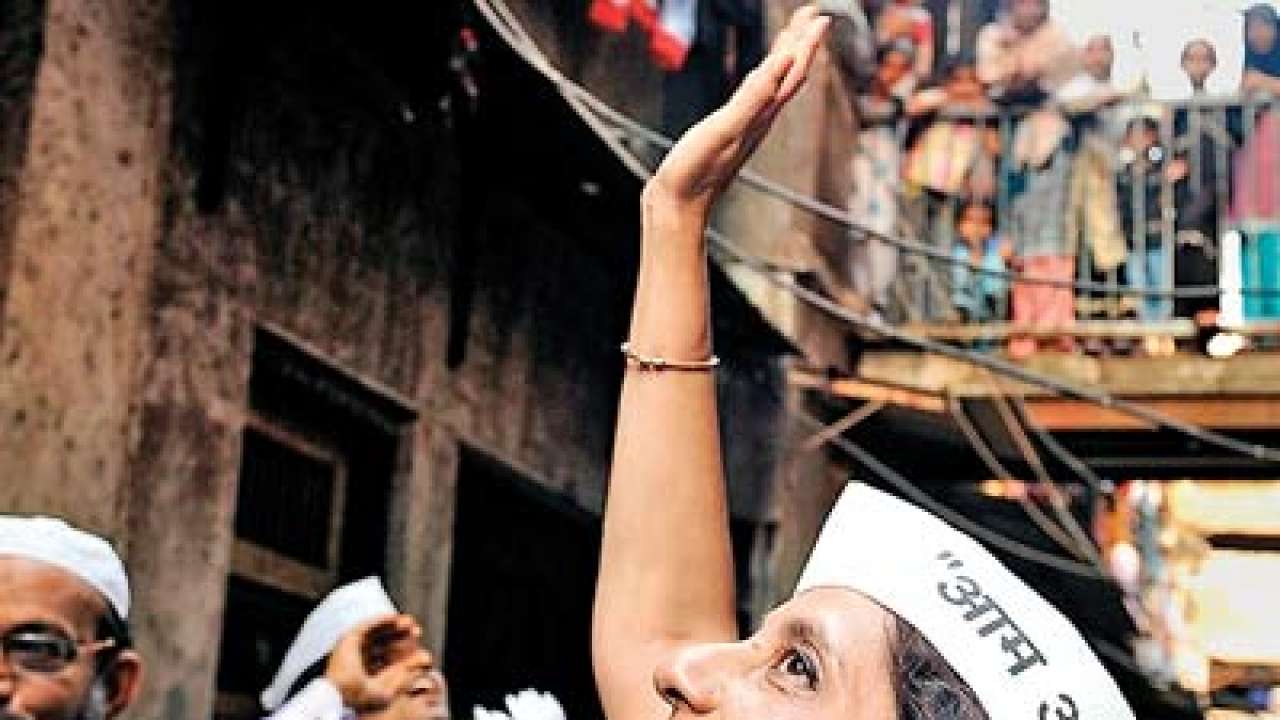
There is a persistently romantic Indian middle-class dream that goes like this: if enough people with MBAs and other professional qualifications enter politics, they will solve the problems of poverty, casteism, communalism, corruption, violence against women, and almost any other social, economic and political evil we face. It is this dream that finds voice in a recent newspaper column by the historian Ramchandra Guha where we are told that that the induction of writers, academics, corporate executives will lead to a better politics. After all, the argument goes, such people have not only thought long and hard about how best to improve society, but are also most equipped to do so. This is a somewhat simplistic view of the relationship between education, social change and politic culture.
To begin with, Indian politics does not exist outside the social and cultural features that characterise Indian society. The idea that, say, an academic who has spent the greater part of his academic life teaching at an American university can be an effective politician in India because he has a doctorate smacks of a cargo-cult mentality. This is the belief that long-seated social and political problems can be solved by 'outside' help: MBAs and IIT graduates from outside the political system, and foreign trained experts can be parachuted into the hurly-burly of Indian politics, with their presence itself serving as a magic wand.
Indian politicians get away with communal, casteist, and misogynist sentiments because their appeal falls on fertile ground. It is not that they are able to convert us to their points of view. Rather that, too frequently,the politician and the voter share a common world of opinions and attitudes. It goes against all evidence to suggest that it is the lack of educated and decent politicians that is at the heart of our deplorable political culture. We also need to think about the nature of the electorate, as well as the simplistic equation between high educational attainment and civic and private virtue.
Our electorate consists of the highly educated who have the highest rates of sex-selective abortions, middle-class (frequently MBA-qualified) families comfortable with employing child-labour, IIT and IT graduates who provide the strongest support for conservative religious causes, and highly placed public figures who have not yet learnt the difference between social interaction and sexual harassment. Education by itself is no panacea for social problems and our educated classes have very rarely demonstrated either the will or the ability for self-examination that is the first step towards grappling with the broader social and political issues. Education by itself is no guarantee of either civic-mindedness or the political will to push progressive causes.
How valid is it to suggest that educated outsiders will improve the political system? Firstly, it is important to recognise that mainstream politics has its own rules, the most significant is that of political pragmatism, which itself is linked to electoral calculations. We might remember that Rajiv Gandhi – an educated outsider-politician – gave in to religious orthodoxy in the Shah Bano case of 1985 and, more recently, the MBA qualified Naveen Jindal of the Congress and some highly educated members of the Aam Admi Party have both defended khap panchayats. Politics has its own compunctions and the educated politician is not an automatic bulwark against regressive thinking.
In an age of consumerism, we have come to believe that our political culture can be improved through commodity logic: the educated politician is thought of as a skin-whitening cream and all we need for a better personality is to apply twice a day. Our problems are not, however, skin-deep and the educated political outsider – like all black and white ideas, this is an attractive one – is not the answer. The most progressive social policies of the last two decades or so have not come about because of such people but, rather, because the political system has been pushed to take action by committed citizens outside the political system. This is the story of, say, the Right to Education Act and the Domestic Violence Act. It is not formal qualifications in management, information technology, history or sociology that make for a better polity. What we require are politicians who can be persuaded to pursue progressive legislation in the face of a frequently conservative electorate. This requires political canniness acquired through experience, rather than the mostly uncertain promise of a formal degree.